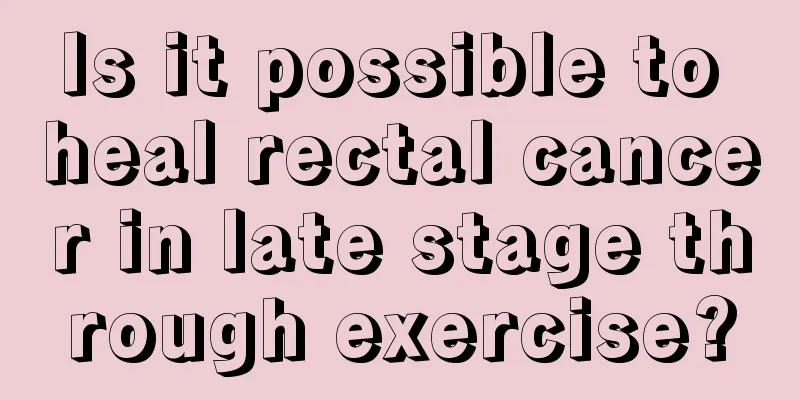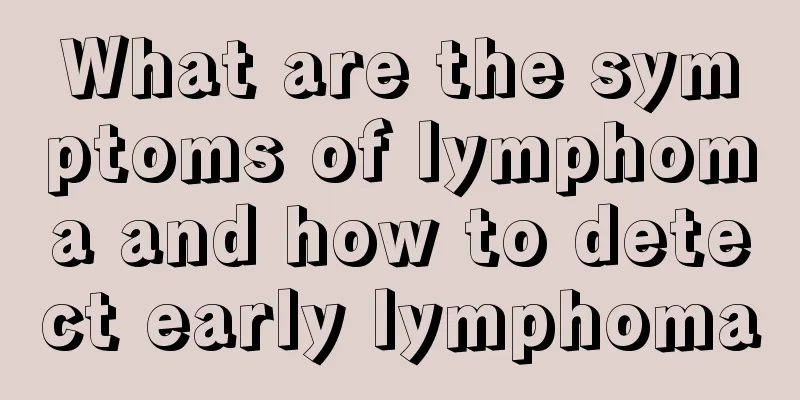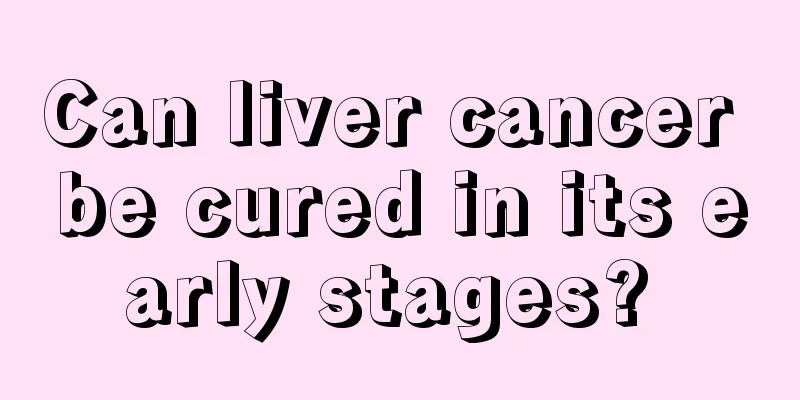What to do if you have slight strabismus

|
Vision has a great impact on the human body. If the vision is not normal, then there will naturally be certain problems in seeing things, which will not only affect people's life and study, but also affect their normal work. Strabismus is a relatively common vision problem. So, what should you do if you have mild symptoms of strabismus? Below we will introduce in detail the causes, clinical manifestations and treatment methods of mild strabismus. 1. Causes 1. Regulation theory The regulating function of the eye and its collecting function are interrelated. Certain adjustments bring about corresponding collections. Often due to the excessive accommodation-convergence reflex, the effect of the medial rectus muscle tends to exceed that of the lateral rectus muscle, resulting in concomitant esotropia. Myopic eyes use little or no adjustment when looking at close targets, and their convergence force is weakened at the same time, so the tension of their medial rectus muscle is reduced, sometimes forming concomitant exotropia. 2. Binocular reflex theory Binocular single vision is a conditioned reflex that is accomplished through fusion function and is acquired after birth. If the vision of the two eyes is different during the formation of this conditioned reflex, and the vision of one eye is affected by obvious sensory or motor disorders, which hinders the single vision of the binocular vision, a state of eye separation, namely strabismus, will occur. 3. Anatomical theory Overdevelopment or underdevelopment of a certain extraocular muscle, abnormal attachment points of the extraocular muscles, abnormal development of the orbit, and abnormal structure of the intraorbital fascia can all lead to muscle imbalance and cause strabismus. 4. Genetic theory Clinically, it is common to see many people in the same family suffering from common strabismus, which may be related to genetic factors. 2. Clinical manifestations Because of the misaligned eye position, when a strabismus patient focuses on an object, the image of the object falls on the fovea of the retina in the normal eye, but outside the fovea in the strabismus eye. This causes double vision. The image of one eye is suppressed, and the single vision function and stereoscopic sense of both eyes are lost. Some patients may also suffer from poor visual development and cause amblyopia. 1. Esotropia The eyes are deviated inwards. Esotropia that occurs from birth is called congenital esotropia. The deflection angle is usually large. Acquired esotropia is divided into accommodative and non-accommodative. Accommodative esotropia often occurs in children aged 2 to 3 years old. Children usually have moderate to high hyperopia, or abnormal accommodative cohesion and accommodation ratio. 2. Exotropia The eyes deviate outward, which can generally be divided into intermittent exotropia and constant exotropia. Because patients with intermittent exotropia have good fusion ability, the eye position can be maintained in a normal position most of the time by the fusion ability. Only occasionally in the sun or when tired and distracted will the eye position show exotropia. Some children often close one eye when exposed to strong sunlight. Intermittent exotropia often develops into constant exotropia. 3. Up and down squint Upward or downward deviation of the eyes is less common than esotropia and exotropia. Up and down strabismus is often accompanied by a tilted head, which is a compensatory head position. Treatment 1. Non-surgical treatment The treatment of strabismus first targets amblyopia to promote the development of good vision in both eyes, and secondly corrects the deviated eye position. Treatments for strabismus include: wearing glasses, wearing an eye patch, and orthoptic training. Wearing an eye patch is the main method for treating amblyopia caused by strabismus. Eye muscle surgery involves relaxing (weakening) or shortening (strengthening) one or more of the extraocular muscles in one or both eyes. Mild strabismus can be corrected by wearing prisms. Orthoptic training can be used as a supplement before and after surgery. 2. Surgery The younger the age at which strabismus is treated, the better the treatment effect. Strabismus surgery is not only to correct eye position and improve appearance, but more importantly to establish binocular vision function. The best time for surgery is before 6 to 7 years old. Binocular vision training is performed after surgery to enhance and maintain stable stereoscopic vision function. |
<<: Is magnet harmful to human body
>>: Methods for correcting chest muscle asymmetry
Recommend
Blockage of the heart's aorta
Blockage of the heart's aorta can cause stabb...
What to do if bone cancer causes severe pain
What should I do if the pain from bone cancer is ...
Sunscreen isolation liquid foundation order
Sunscreen and isolation liquid foundation belong ...
My ears are buzzing and a little painful, what's going on?
Buzzing and a little pain in the ears are obvious...
What to do if you have toothache? These methods will teach you
As the saying goes, toothache is not a disease, b...
Can I wash my face with vinegar and water and then wash my vagina? What will happen?
In real life, vinegar is a common condiment for u...
Characteristics of cell membrane structure
All living things in the world live together. Mos...
Still need to be wary of liver metastasis after pancreatic cancer surgery
Aunt Li Ye worked in a bank before she retired. S...
What is three fingers above the belly button
The stomach is three fingers above the navel. If ...
6 characteristics of squamous cell carcinoma of the skin
Skin squamous cell carcinoma is referred to as sq...
Menopause diet
Although men also have menopause, it is really in...
Contraindications of Shulai Stone's efficacy
Shulai stone is mainly composed of nutritional el...
What is the reason for dizziness, nausea and vomiting when waking up in the morning?
It is important to understand the reasons why you...
What is the safe period and dangerous period
The safe period and the dangerous period are two ...
What kind of shrimp is fresh_How to tell if the shrimp is fresh
Shrimp is probably a seafood that many people lik...









